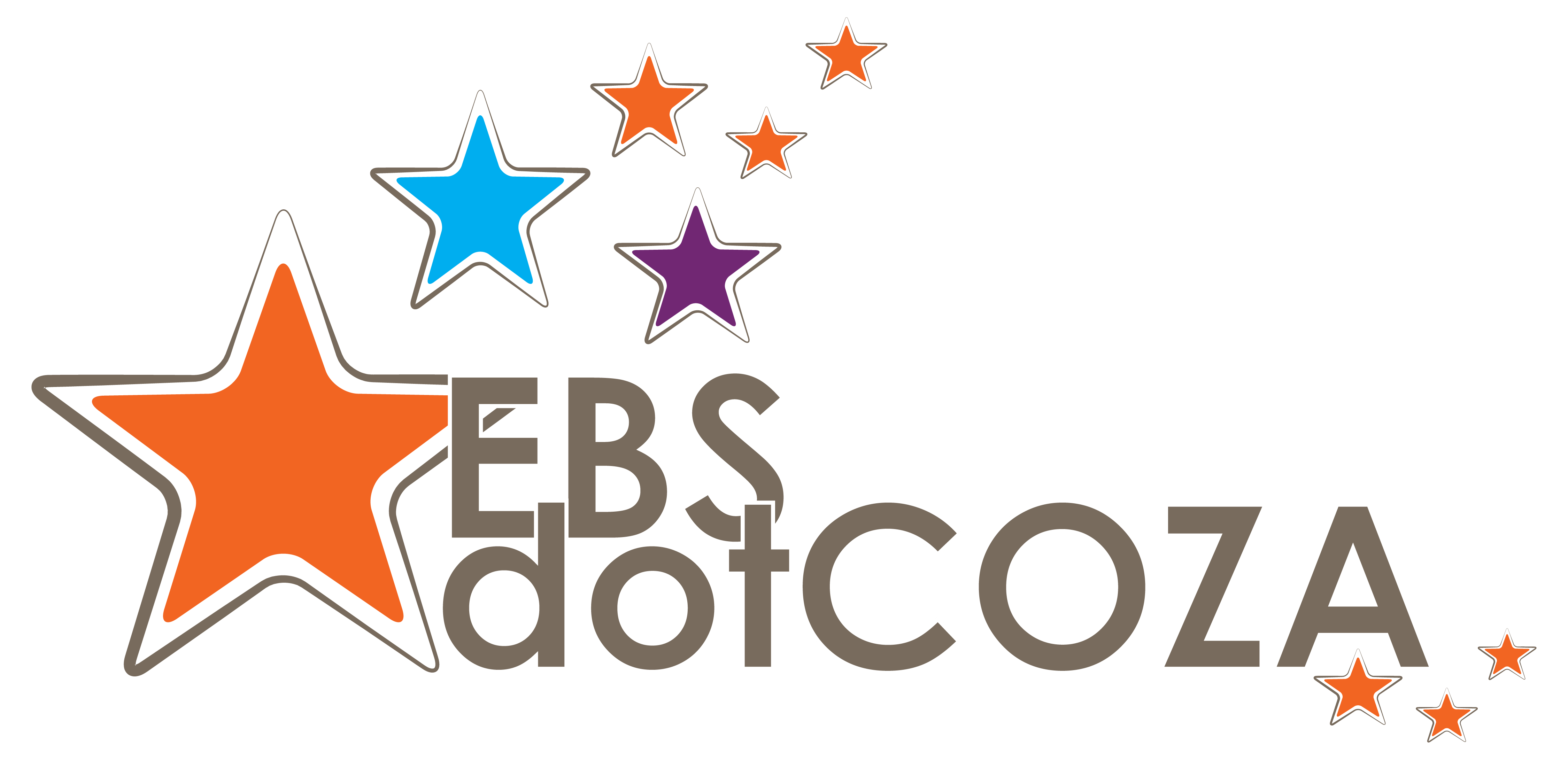The ICB Foundation Level National Certificate in Junior Bookkeeping will equip you with the skills to perform bookkeeping and payroll functions.
It will equip you to provide support to financial administrators, accounting technicians, accountants and financial managers in a medium to large organization. You will learn about monthly bookkeeping to trial balance, disclose profit and financial position, reconcile suppliers, bank statements, calculate PAYE/UIF/SDL, payroll tax and other deductions as well as VAT returns.
Modules:
The subjects below make up this course and will need to be completed in order for you to complete the Foundation Level. Upon successful completion of the below compulsory modules the learner will complete the foundation level.
Business Literacy
Designed to equip you with the basic numerical and communication skills required to operate effectively in business.
Bookkeeping to Trial Balance
This module introduces you to source documents, the rules of double entry, subsidiary journals, the general ledger, bookkeeping for the different inventory systems, bank and creditors reconciliations.
Payroll & Monthly SARS Returns
This module will introduce you to payroll and the Basic Conditions of Employment Act as well as basic business ethics. Learners will be able to complete the payroll function from the bookkeeping perspective. You will also learn how to complete SARS payroll returns (EMP201, IRP 5, IT3a, IRP501) as well as how to complete the VAT201 return.
Computerised Bookkeeping - Subject to demand
It is essential that the bookkeeper be able to complete the monthly bookkeeping function on a computer. In this module you will learn how to do bookkeeping using Microsoft Office and a computerised accounting package, Pastel.
Entry Requirements
Grade 10 or equivalent
No prior accounting knowledge needed
Learner must be at least 16 years of age to enroll
Online tuition: Available to purchase
Giving you the option to choose the level of support you need to suit your time and budget with flexible, personalized, online interaction.
Students now start with the base online offering with 2 interactive sessions free of charge. Following this, students have the option to book one on one support with the facilitator at an hourly rate.
Are you ready to take the next step in your career?Get the edge over your ICB studies with Ebsdotcoza - Edge online tuition.
Option includes:
• Access to recorded lectures
• Module pacer
• Lecturer interaction via our online classroom.
• Access to recorded exam course.
Option Excludes:
• ICB textbooks
• ICB institute fees
• One-on-one private interactive online appointments are available at an additional fee.
ICB textbooks are excluded from the EBSdotCOZA tuition fee.
ICB Institute fees are paid directly to ICB and are not included in the EBSdotCOZA tuition fee.
WHAT IS THE ICB AND WHY SHOULD YOU FURTHER MY CAREER WITH THESE QUALIFICATIONS?
The ICB is an Independent External Examination Body for Accredited Business Qualifications in Southern Africa since 1931.
Their role is to create pathways for students to obtain valuable business studies skills for employment that are endorsed by credible Business Qualifications.
As an appointed Quality Assurance Partner for QCTO (Quality Council for Trades and Occupations), the ICB are authorized to conduct examinations on a number of Registered Qualifications that are on the NQF (National Qualifications Framework).
ACCOUNTANT (GENERAL)
Plans and provides systems and services relating to the financial dealings of organisations and individuals, and advises on associated record-keeping and compliance requirements
FINANCIAL ACCOUNTANT
Contributes to the development and implementation of the organisation’s accounting systems, policies and procedures.
Tasks associated with these avenues
• Preparing analytic reports concerning segments of the economy and the economy as a whole
• Providing Financial advice to individuals and organizations
• Preparing and organizing financial statements for an organization reviewing financial materials of an organization
• Conducting investigations and advising management on financial aspects of productivity, stockholdings, sales, new products, etc
• Advising on, planning and installing budgetary, accounts controlling and other accounting policies and systems
• Auditing accounts and bookkeeping records
• Preparing tax returns, advising on taxation problems and contesting disputed claims before tax officials
• Conducting financial investigations in such matters as suspected fraud, insolvency and bankruptcy
• Preparing or reporting on profit forecasts and budgets
• Preparing and certifying financial statements for presentation to management, shareholders and statutory or other bodies
• Devising and controlling
BOOKKEEPER
Maintains and evaluates records of financial transactions in account books and computerised accounting systems.
ACCOUNTING TECHNICIAN
Prepares budgets, financial statements, monitors the financial performance of an organisation and maintains internal financial control and accounting systems.
Tasks associated with these avenues
• Assisting in planning and performing mathematical, statistical, actuarial, accounting and related calculations
• Recording and transmitting buy and sell orders for securities, stocks, bonds or other financial instruments and for foreign exchange for future or immediate delivery
• Maintaining complete records of all financial transactions of an undertaking according to general bookkeeping principles, with guidance from Accountants
• Submitting credit and loan applications to management with recommendations for approval or rejection; or approve or reject applications within authorized limits ensuring that credit standards of the institution are respected
• Advising on and participating in the negotiation of terms for, and organization of, loans and placement of stocks and bonds in the financial market to raise capital for customers
• Obtaining information about the financial circumstances of customers and companies in which investments may be made
• Informing prospective customers about market conditions and prospects
• Recording and transmitting buy and sell orders for securities, stocks, bonds or other financial instruments and for foreign exchange for future or immediate delivery
• Analyzing market trends for securities, bonds, stocks and other financial instruments, including foreign exchange
ACCOUNTS CLERK
Monitors creditor and debtor accounts and undertakes related routine documentation. May work in a call centre.
COST CLERK
Calculates and investigates the cost of wages, materials, overheads and other operating expenses.
TAXATION CLERK
Prepares and maintains tax records.
PAYROLL CLERK
Prepares payroll, wages and related records for employee salaries and statutory record keeping purposes.
Tasks associated with these avenues
• Performing clerical tasks relating to the financial transactions of an insurance establishment, and/or bank
• Obtaining, compiling and computing statistical or actuarial data or similar establishment
• Calculating unit production costs; calculating wages and in some cases preparing wage packets and paying wages
• Taking charge of cash transactions incidental to the business
• Helping with accounting and bookkeeping records and computation
• Operating computers programmed with accounting software to record, store, and analyze information
• Calculating, preparing, and issuing bills, invoices, account statements, and other financial statements according to established procedures
• Checking figures, postings, and documents for correct entry, mathematical accuracy, and proper codes
• Classifying, recording, and summarizing numerical and financial data to compile and keep financial records using journals and ledgers or computers
• Compiling statistical, financial, accounting or auditing reports and tables pertaining to such matters as cash receipts, expenditures, accounts payable and receivable, and profits and losses
ICB - Demo videos (Click here)
Need assistance?
Accreditation Info
Status: Accredited course
National Certificate - (SAQA ID 58375)
Minimum credits: 120 from FASSET SETA


